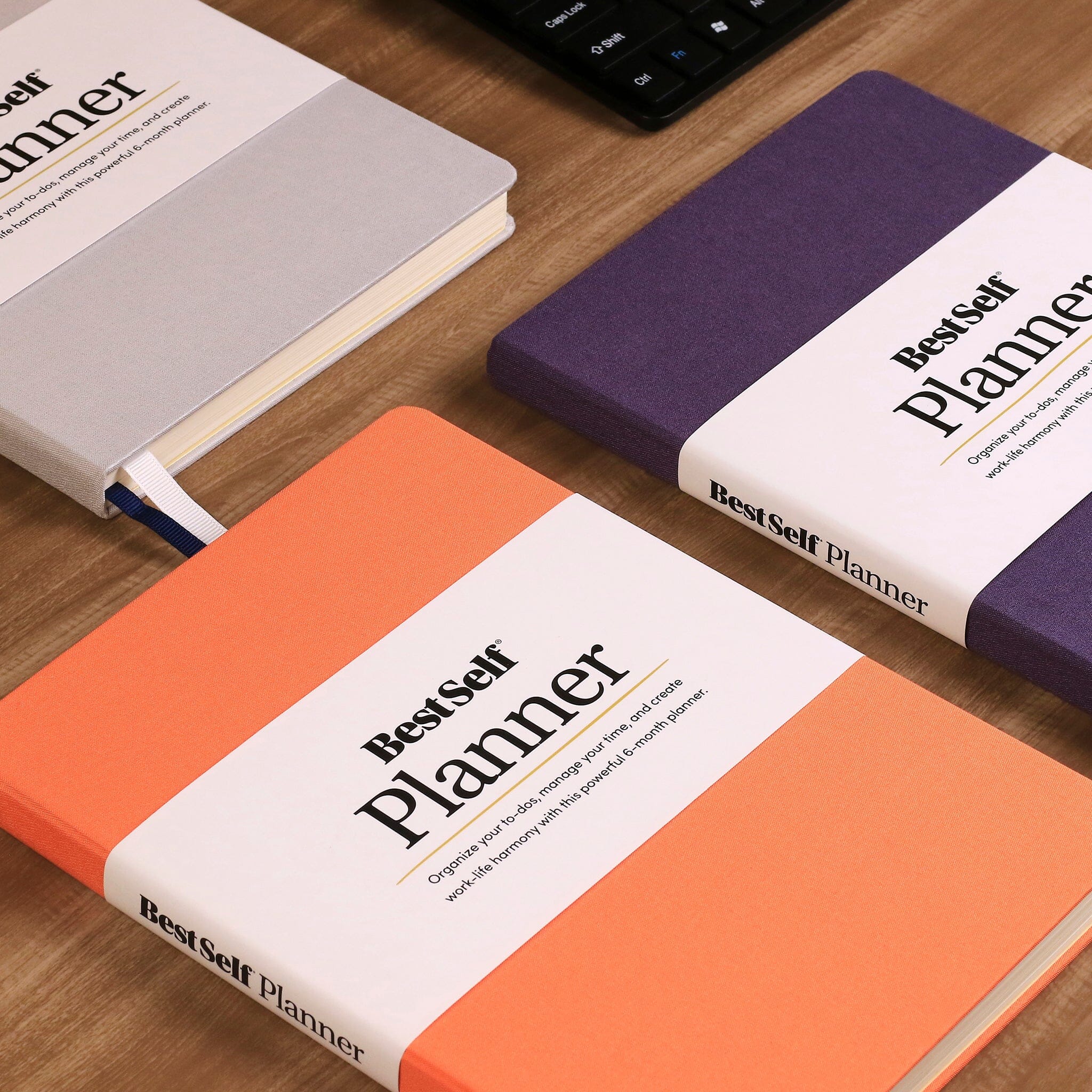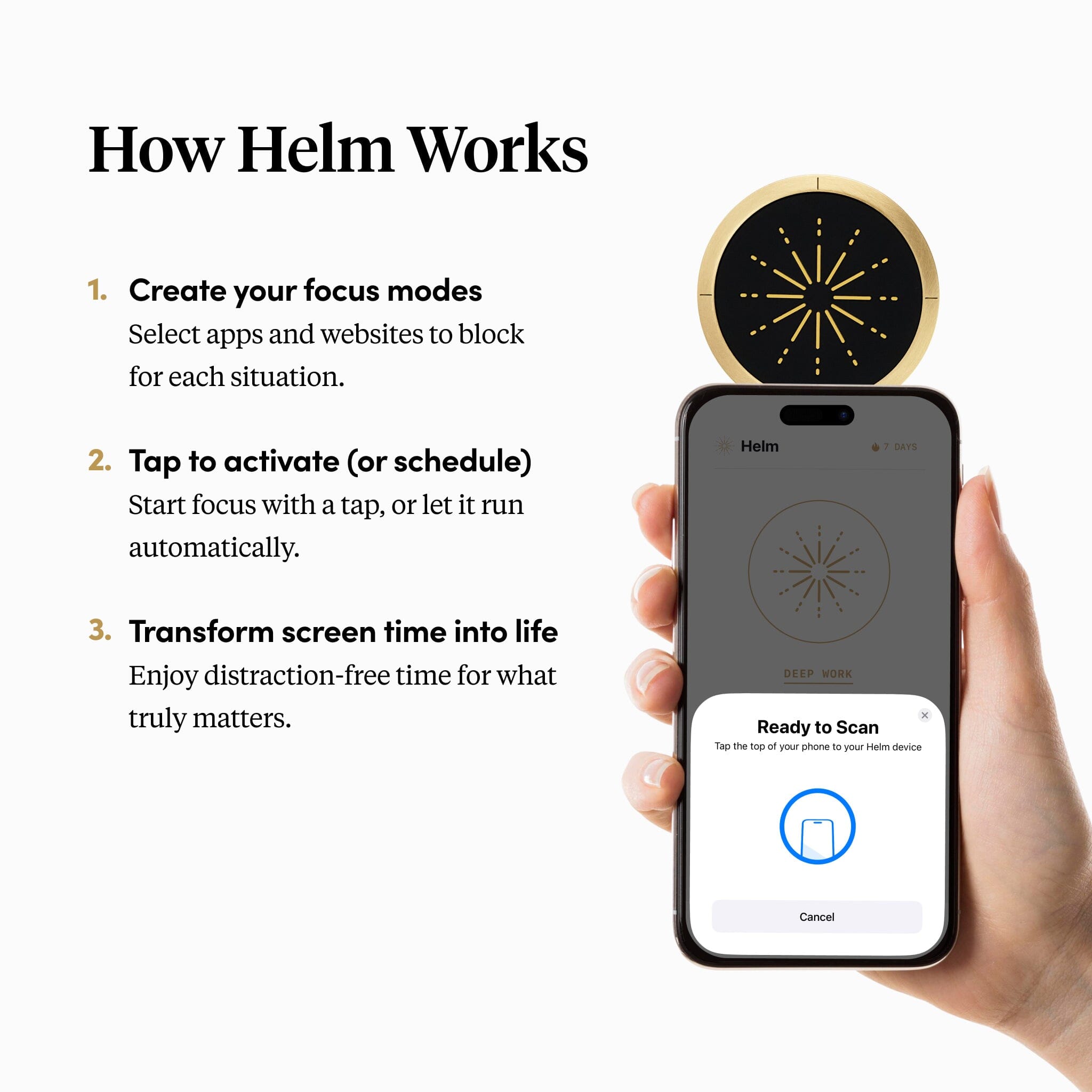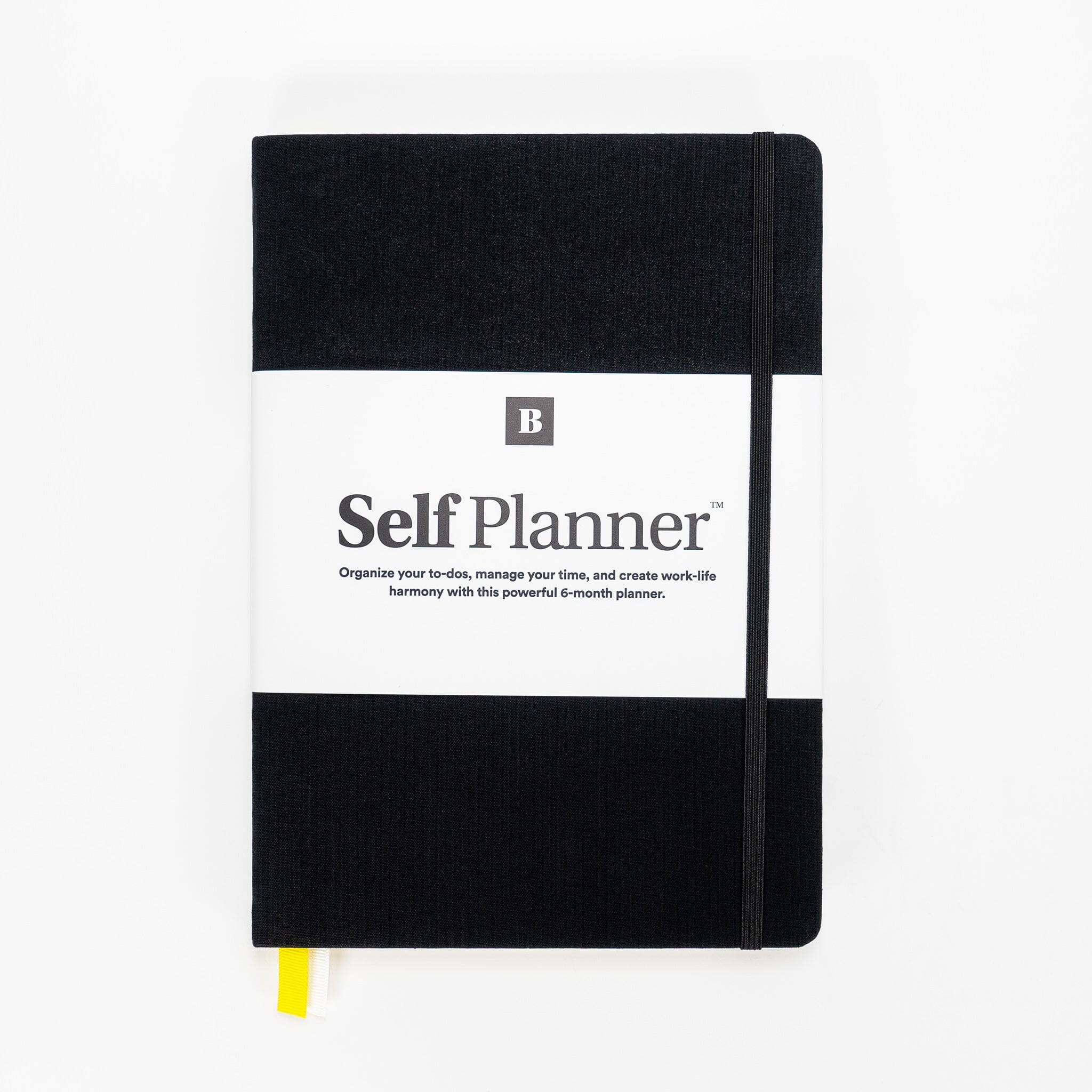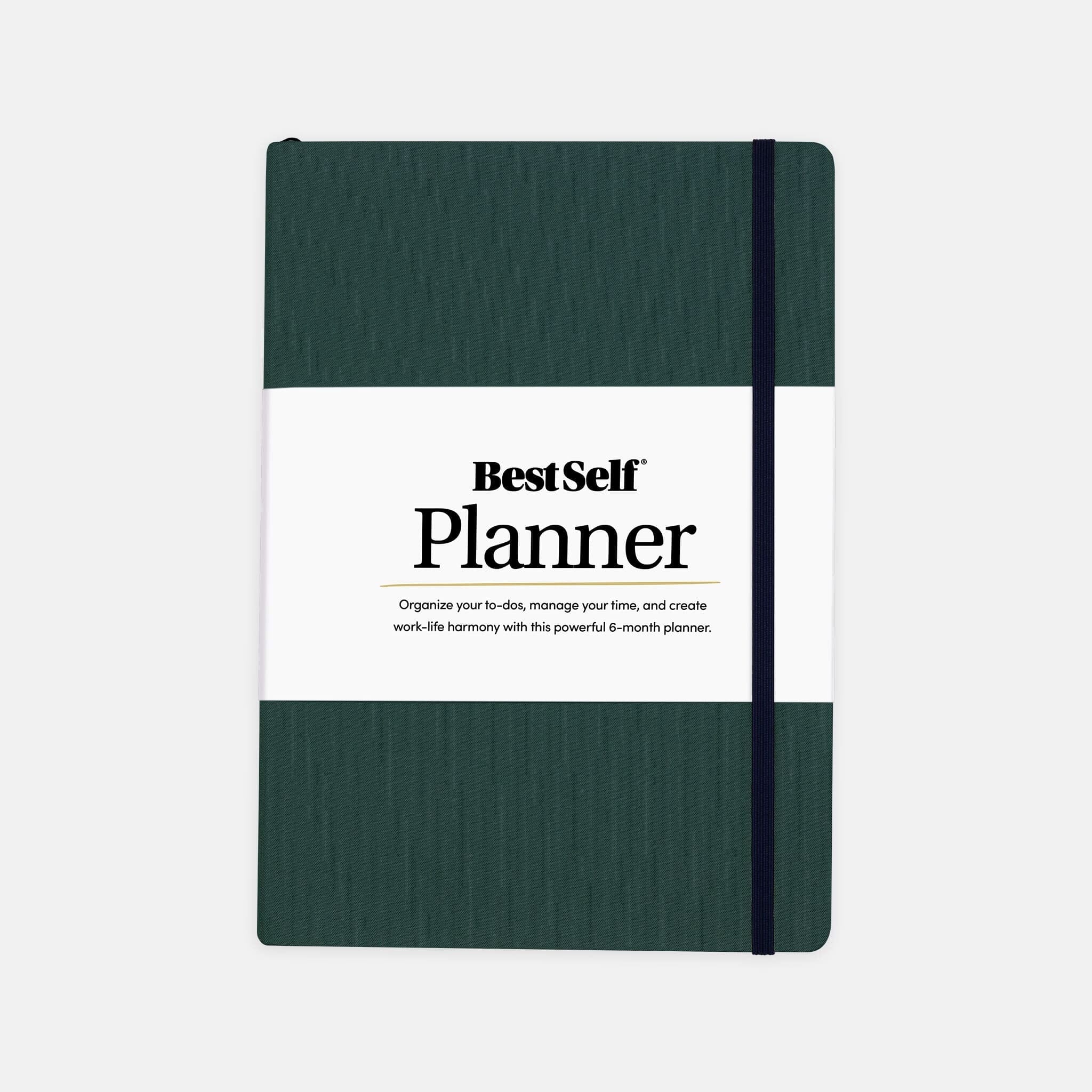Have you ever set a goal that you didn’t achieve because you somehow talked yourself out of taking the actions that would have closed the gap?
If so, you’re far from alone.
Success with your goals is about a lot more than the strategy you choose and the action steps you take. Success is also determined by the conversation that happens inside your head. What you believe about yourself often becomes a self-fulfilling prophecy. For example:
• “I can’t do that / I’m not good enough / it’s alright for you etc. etc.”
• “I’m too young / too old / too ugly / too loud / too shy etc. etc.”
• “I’m not smart enough / courageous enough / creative enough / resourceful enough etc. etc.”
In short, if you have hard-wired beliefs and mindsets that set you up for failure, there’s a strong chance your ‘predictions’ will become a reality!
But don’t worry, there is some good news here!
You can rewire your mind and transform your inner dialogue. You can replace limiting beliefs with thoughts that empower you to step up, believe in yourself, and achieve your goals.
And one super easy (and powerful) tool you can get using right now is positive affirmations. Keep reading, and I’ll explain what affirmations are and how they work.
What are affirmations?
Affirmations are sentences and statements that we repeat to ourselves out loud or in our thoughts. They are self-suggestions. Repeat an affirmation frequently enough and it becomes hard-wired into your belief system and helps form your identity [who you believe you are].
Affirmations can be negative - such as “I’m not good enough” or positive - such as “I am powerful, creative, and resourceful”.
Affirmations live in your:
• Conscious awareness - when you know these beliefs exist
• Subconscious - where they exist, but you’re not consciously aware of them
This distinction is critical when you remember that only 5% of your brain is conscious. The other 95% is subconscious.
As you can see, affirmations are a powerful shaper of everything from the decisions you make to the goals you set and the ambitions you have for your life.
If your inner dialogue is skewed towards the negative, it’s going to be harder to succeed. In comparison, if your mind is fueled by positive affirmations, it’s a lot easier to be your best self.
How do positive affirmations work?
Affirmations work because they can reprogram your mind by increasing certain neural pathways.
“The ventromedial prefrontal cortex—involved in positive valuation and self-related information processing—becomes more active when we consider our personal values (Falk et al., 2015; Cascio et al., 2016).” [Source: Link].
The reason we can reprogram our brain in this way is because our brain doesn’t know the difference between real and what isn’t! [This is why you can connect emotionally with fictional characters in a movie and feel deeply involved in their life events.]
If you repeat something often enough, you start to believe that statement - and then you start to act out that statement until it becomes a part of your identity. This is self-affirmation theory [Steele, 1988].
Affirmations also work by helping you cultivate a positive mindset by training your mind to focus on beliefs that empower you. We all know that negative thinking can drag us down, create pessimism, and drain away a feeling of control over our lives. In comparison, when you’re positive, you see opportunities, you notice things in your life to be grateful for, and you feel good in your skin.
When you become aware of negative thoughts, you can choose affirmations to consciously change your thought patterns. This can take time… Positive affirmations need to be repeated regularly until they become truths that you fundamentally believe - rather than statements you want to program in.
Three ways to practice daily affirmations
1. Rewrite limiting beliefs
Identify the thoughts that hold you back from your goals and your best self currently. For example, you might believe:
• I’m not good enough• I’m going to make a mistake
• I don’t deserve this.
When you’ve identified the negative affirmations that hold you back, rewrite them into positive ones. For example:
• I’m creative and capable.• I’m conscientious and confident in my work.
• I’m worthy of love, success, and abundance.
When you’ve written the positive affirmations you need to hear, repeat them to yourself daily. It can be extra powerful to repeat your daily affirmations while looking at yourself in a mirror.
Remember to state your daily affirmations in the present tense - as if they already exist. This is important because your subconscious takes everything literally; meaning if you say “I want to be creative” instead of “I am creative”, you’ll reinforce the wanting - not the creativity!
It doesn’t matter whether or not the positive affirmation is currently true for you. The more you repeat it, the more likely you are to believe it.
2. Go to sleep to positive affirmations
You are at your most suggestible to words and images when your brain is in theta state. Theta state is when your brain is in a deeply relaxed state - such as when you’re daydreaming, just before you go to sleep, and when you begin to wake up.
Theta is the gateway to your subconscious, memory, and intuition. When your brain is in a theta state, it’s easier to rewire your belief system to adopt the positive affirmations that you want to plug in.
Try listening to positive affirmations while going to sleep - you’ll find a collection on YouTube.
3. Journal your affirmations
Journaling is a powerful technique that can help you unlock your subconscious thoughts and figure out what affirmations you need to adopt to inspire your next steps.
Journaling unleashes a conversation with yourself that helps you to better understand who you are. A journaling practice helps you pull on the threads of your thinking and unravel those thoughts into insights that can empower your goals.
One proven journaling technique is question prompts - questions that guide your brain down a specific tangent to help you get clarity.
By journaling regularly, it can inspire you to overshadow negative thoughts and replace them with beliefs that empower your best self.




































